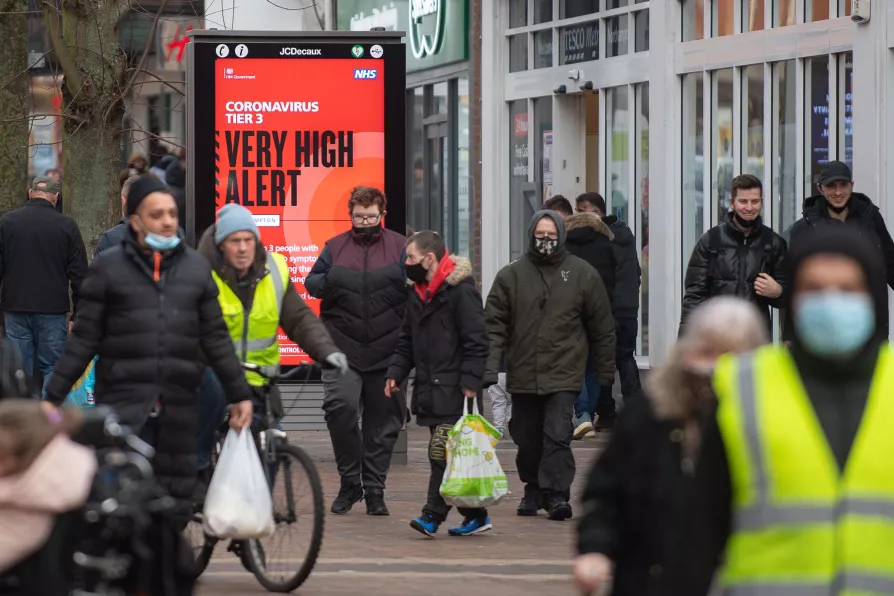Does widespread and uncontrolled use of AI change our relationship with scientific meaning? Or with each other? ask ROX MIDDLETON, LIAM SHAW and MIRIAM GAUNTLETT
The future is in our hands
Even though we are going through terrible times, from crisis can come positive change, argues HANK ROBERTS


WE HAVE entered a perfect storm and the worst is yet to come.
A new peak in virus incidence and deaths, and in deaths of those needing serious medical intervention whose treatment will be delayed; a developing depression predicted to be the worst in 300 years; difficulty and uncertainties concerning our EU exit process.
On top of all this is the worldwide most serious and dangerous matter of climate change.
Similar stories

From anonymous surveys claiming Chinese students are spying on each other to a meltdown about the size of China’s London embassy, the evidence is everywhere that Britain is embracing full spectrum Sinophobia as the war clouds gather, writes CARLOS MARTINEZ

HANK ROBERTS welcomes news that asbestos has been judged too dangerous to leave in situ in schools and public buildings, and issues a clarion call to readers to help make sure action is actually taken











